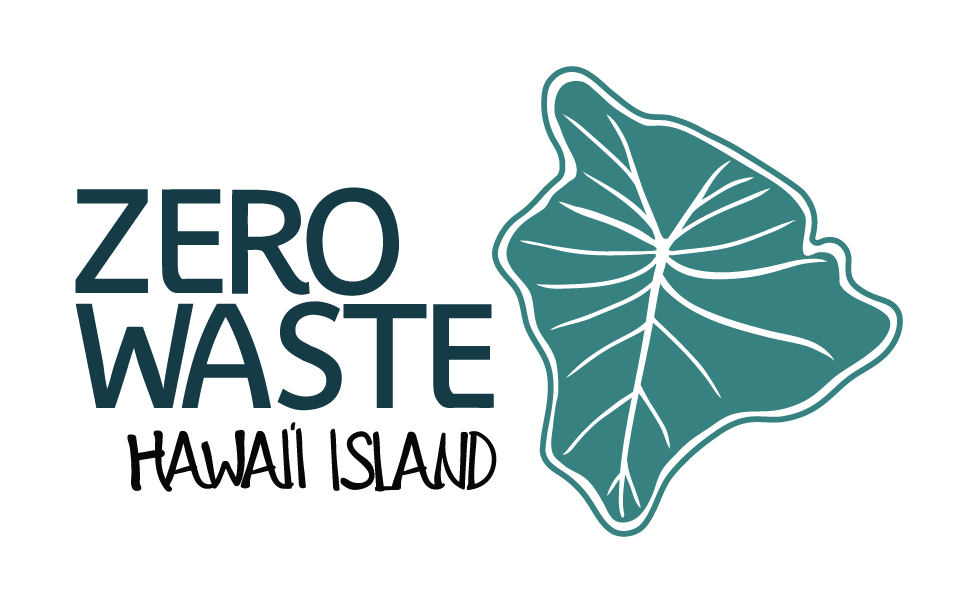News Articles
Zero Waste and the Hawaiian Culture
2024 marks 137 years since the Bayonet Constitution of 1887, known for its historic role in dispossessing the Hawaiian Kingdom government of its political power leading up to the illegal overthrow of 1893 and “the great shift” toward Euro-American influence. Since this time, many ideologies have been introduced to the mainstream culture of the islands; “greenwashing” is one of them. According to the National Resources Defense Council (NRDC), Greenwashing is the act of making false or misleading statements about the environmental benefits of a product or practice. While we at Zero Waste Hawaiʻi Island are working to develop a reusable foodware system for Hilo, we believe that true environmental relief for Hawaiʻi will call us into deep collaboration. It is not one single service, or practice, or product, that will lead the way to a better future, but indigenous leadership, and the revitalization of the ancient wisdom that has sustained Hawaiʻi’s environmental climate for hundreds of years.
In deep alignment with this, a document is in the works to begin bridging the gap between “environmentalism” and indigenous worldview. This toolkit intends to bring together perspectives that typically go unrepresented in mainstream environmental data and research; it references the writings of Dr. Kū Kahakalau and her framework on Indigenous Research Methodologies, Dr. Keaweʻaimoku Kaholokula and his framework on Native Hawaiian Health, the Kumu Honua Mauli Ola educational philosophy of the Ka Haka ʻUla o Keʻelikōlani College of Hawaiian Language, and others. The toolkit will also include perspectives shared by Kepā Maly and Kuʻulei Keakealani, who are both known for the depths of their aloha ʻāina ʻoiaʻiʻo, Puʻuanahulu, and Hawaiʻi. Keep an eye out for this resource set to be released by the end of this year. E ola!
Written by K. Kuulei Kanahele, Cultural Advisor, Outreach Coordinator, Zero Waste Hawaiʻi Island
